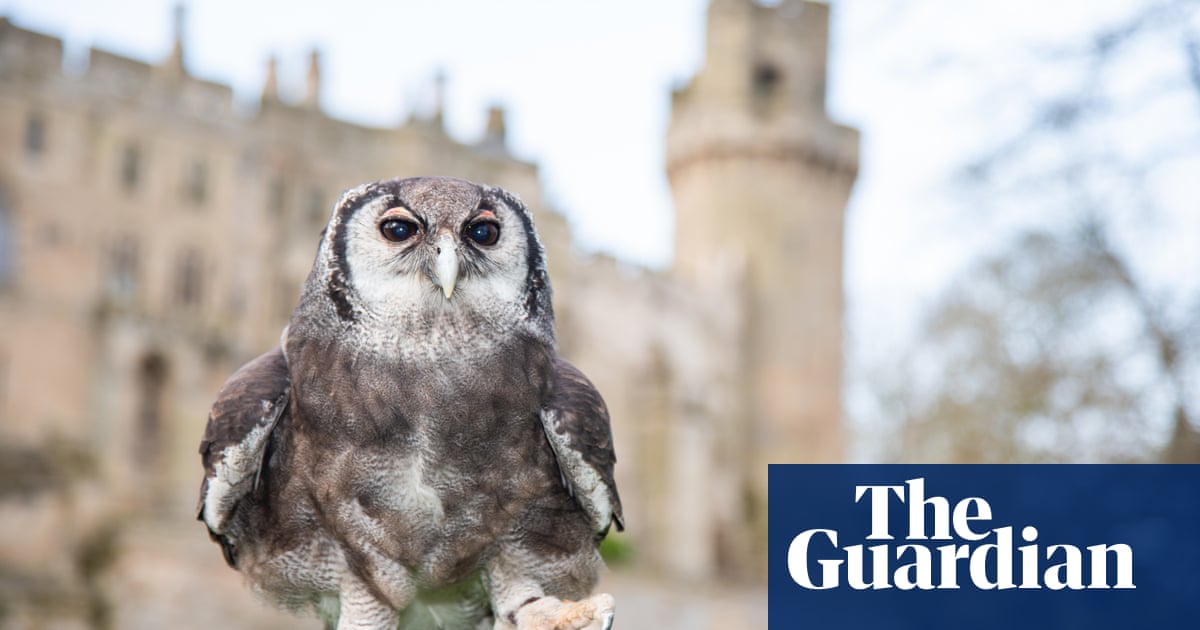
Simon Arora, the billionaire co-owner and chief executive of B&M, the discount chain that cemented its place as one of Britain’s most successful retailers during the pandemic, is to retire.
The 52-year old, who runs the business with co-owner Bobby with involvement to a lesser extent from youngest sibling Robin, is to stand down early next year after 18 years running the chain.
Simon and brother Bobby, 50, acquired the business from Phildrew Investments in late 2004 when it was an ailing regional chain of 21 stores and built it into a retail empire of 1,100 shops in the UK and France. It is listed on the FTSE 100 with a market value of more than £5bn.
The retailer, which sells everything from food to toys, DIY supplies and gardening products, has more than 600 stores in the UK and a further 500 in France. The brothers are estimated to be worth £2.5bn.
“Having firmly established a strong, entrepreneurial culture and built a talented and experienced senior management team, Simon wishes to plan for retirement,” the company said in a statement on Friday.
In January, SSA Investments, the family office of the Arora brothers sold shares worth £234m, having sold a stake worth £214m a year earlier. The family still owns a 7% stake in the business, which listed on the Londonstock market in 2014.
Brother Bobby will remain as group trading director while Robin has a seat on the board.
Simon has previously described the family’s background as the “classic immigrant story”. His father emigrated to the UK from New Delhi in the 1960s with “£10 in his pocket” and went on to set up several businesses and “what money he made he spent on educating his kids”.
“He also loved talking to his sons about business and commerce, and he filled us with ambition and self-confidence.”
Simon studied law at Cambridge and his early career included a stint at the management consultancy McKinsey. Bobby went straight into the family cash-and-carry business after school.
Before hitting the big time with B&M, the brothers, who grew up in Sale, Manchester, had already enjoyed success. In the 1990s they established a successful wholesale business, Orient Sourcing, which imported cheap homewares for high street chains, eventually selling it for £30m.
Acknowledged as one of the retail sector’s “pandemic winners”, B&M thrived during the crisis when its stores were granted “essential” retailer status and allowed to stay open through multiple lockdowns.
Its low prices and out-of-town locations struck a chord with shoppers, who spend more than £4bn a year in its stores, and it is expected to continue to fare well as the cost of living crisis hits consumer spending.
The success during the pandemic saw the brothers and other shareholders receive hundreds of millions in dividend pay outs as profits soared.
The retirement of the eldest brother will bring to an end an immensely successful two-decade business relationship with brother Bobby.
“There’s a Punjabi saying from our childhood that we both believe in: ‘One plus one equals 11’,” Simon has said of the relationship. “Bobby has been shoulder to shoulder with me throughout my business career, and I do believe we have both been more effective by virtue of that relationship.”
“We like to keep it simple,” Simon has said of the B&M formula for success. “We sell name brands that our customers recognise; we have direct sourcing, so there’s no middleman; and we have good retail standards.”
The company said on Friday that chair Peter Bamford would lead the process to find a new chief executive, and would consider both internal and external candidates. Shares fell 6% after the announcement, making B&M the biggest faller on the FTSE 100 on Friday morning.











